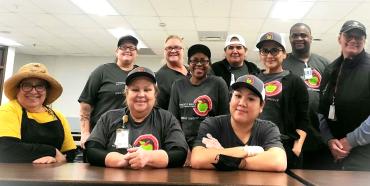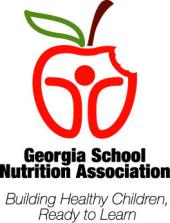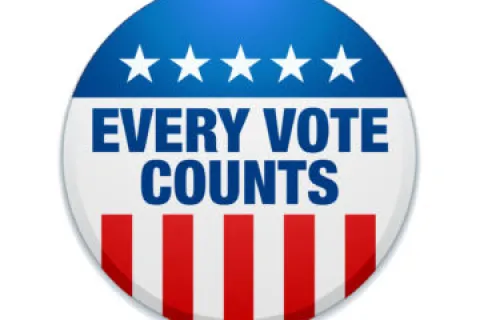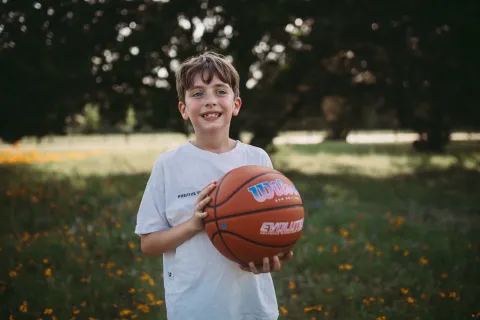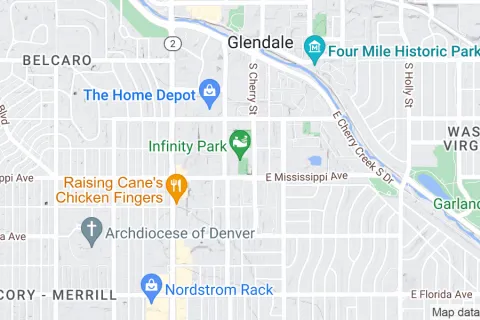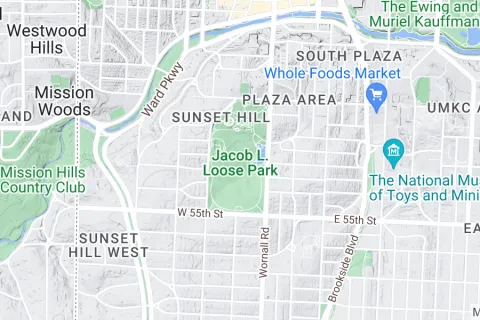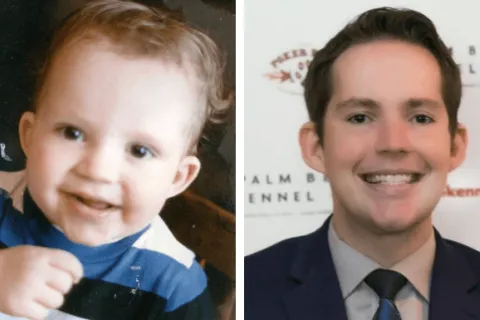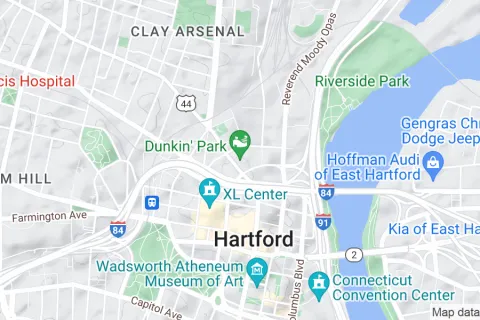How inclusive hiring helped solve Georgia's school cafeteria staff shortage
The risk? Lost revenue. The solution? Autistic job seekers.
Going into the 2023-24 school year, over 90% of school nutrition directors reported cafeteria worker shortages. What was at risk? Less food to serve students and tens of thousands of dollars in lost revenue for already cash-strapped school districts. Desperate, some schools were turning to the controversial hiring of students to serve their classmates lunch.
Georgia School Nutrition Association (GSNA), the state’s professional organization for its public school food service employees, had a better idea. After hearing only 20% of people with disabilities including those with autism, are employed, they decided to tap into the talent pool of the other 80% of them who are willing and able to work.
That's when they reached out to Autism Speaks after learning about Workplace Inclusion Now (WIN), a workplace development program for employers who want to create a more inclusive workplace environment and welcome employees with autism and related conditions.
GSNA selected the Cobb County School District’s Food & Nutrition Services Department (FNS) which serves over 100,000 students in the Marietta, GA-area to pilot the program. Over three months, the cafeteria staff of three schools within the district went through WIN training to learn about autism and related conditions and strategies to create inclusive hiring practices and workplaces. Among those was a simple change to certain cafeteria job descriptions to make it more accessible and understandable.
"After going through WIN we added 'We will provide training' on our job descriptions, a small tweak that made it clear to everyone that we will support them as they learn to do the job," said Amy Lambert, director of operations for food and nutrition services in Cobb County School District.
In addition, they offered in-person opportunities for job candidates to fill out applications with assistance, since that can often be a time consuming process. They also created a hiring video to show applicants various job tasks and what the environment in the cafeteria was like.
By the end of summer 2023, the three schools were ready to reach out to employment service providers in the area with job opportunities for those with autism and related conditions in their school cafeterias. In time for the start of the school year, they filled several critical vacant positions.
"It turned out these process changes didn’t just help us attract candidates with autism, it also helped those who are less computer literate and English As A Second Language individuals," Lambert said.
School cafeteria managers immediately reported high satisfaction with their autistic new hires, noting they were quick learners, conscientious, eager to do their job independently, and in a manner to support their colleagues and the greater goals of the cafeteria. Lambert surveyed them and the responses were overwhelmingly positive, highlighted in the following:
"Johnny* is a fantastic employee and so full of life! He can complete several tasks independently in the kitchen. He is such a hard worker! Once he finishes one assignment, he immediately asks for another to complete. From his very first day he has been eager to learn all the different positions in the kitchen. Johnny is an asset to our café!"
"Sophie* has honestly been a pleasure to work with. She tries hard and asks questions. She has a schedule and when she comes in, she does a really good job of following it. She will even get the laundry out of the dryer and fold it without being asked. She takes pride in her work and likes things neat and in order. Sophie really has come a long way and I know she will succeed."
*Names were changed for privacy protection.
As a result, as of 2024, Cobb County has enrolled all 110 of their schools into the WIN program and trained over 800 Cobb County school cafeteria workers on building an inclusive workplace and welcoming employees with autism and related conditions.
"We piloted WIN to help fill vacant roles. We got entire staffs that are supported and happy." added Lambert. "WIN really is about helping everyone in the workplace."

